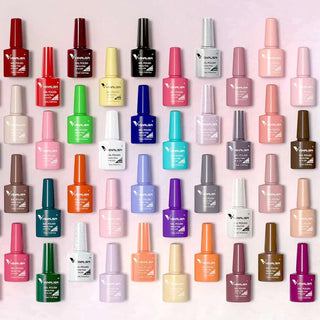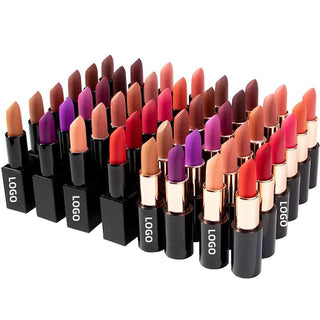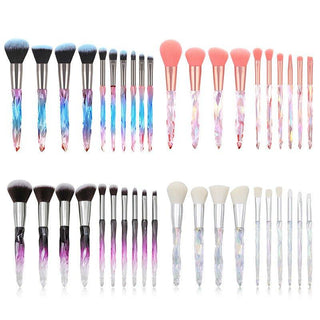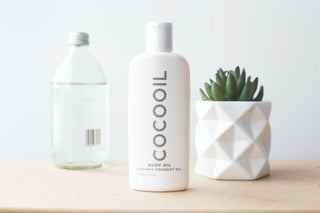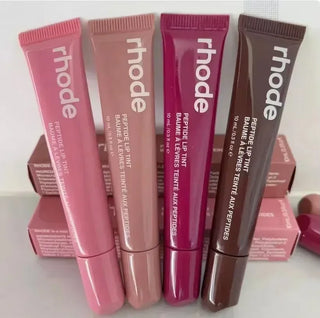Exploring the World of Organic Skincare Products
The demand for organic skincare products has surged significantly, capturing the attention of consumers seeking natural and sustainable solutions for their skin. As awareness about the environment and personal health grows, individuals are increasingly turning to natural skincare products and green skincare products. This shift towards organic choices reflects an understanding of the benefits these products can offer not only to the skin but also in supporting eco-friendly practices.
The Rise of Natural and Green Skincare Products
The beauty industry has witnessed a remarkable transformation with the rise of natural skincare products. Consumers are now prioritizing ingredient transparency, seeking products that are free from harmful chemicals and synthetic additives. Natural beauty products emphasize purity and safety, often formulated with naturally derived ingredients that promise gentle and effective care.
Green skincare products further enhance this trend by integrating sustainable sourcing and eco-conscious packaging. Brands dedicated to these principles are minimizing their ecological footprint while delivering quality skincare solutions. The growing appeal lies in the holistic approach that considers both personal well-being and environmental responsibility.
What Are the Benefits of Using Organic Skincare Products?
One central question consumers often ask is, "What are the benefits of using organic skincare products?" Primarily, these products are crafted with ingredients grown without pesticides or synthetic fertilizers, minimizing the risk of exposure to harmful chemicals. This purity appeals especially to those with sensitive skin seeking gentle care.
Furthermore, organic formulations often include herbal skin treatments and anti-aging serums that capitalize on the natural efficacy of plant-based extracts. Rich in vitamins and antioxidants, organic products can offer nourishing benefits and support healthy, radiant skin.
Are Organic Skincare Products Better for Sensitive Skin?
A common query is, "Are organic skincare products better for sensitive skin?" Indeed, many individuals with sensitive skin find relief in organic skincare products. Free from artificial fragrances and chemicals, these products can help reduce irritation and inflammation, offering a soothing alternative to conventional skincare.
In particular, best organic skincare products for sensitive skin focus on providing a calming experience, ensuring that even the most delicate skin receives gentle and effective care without adverse reactions.
The Versatility of Organic Face Creams
Organic face creams represent a key segment within natural beauty products. These creams are formulated to deliver hydration and protection without the use of synthetic compounds that can harm the skin. Featuring ingredients such as aloe vera, chamomile, and shea butter, organic face creams support the skin’s barrier, locking in moisture while allowing it to breathe.
These creams can also cater specifically to individual skin needs, such as providing nourishment to acne-prone skin or offering anti-aging benefits. The choice of ingredients is crucial, as they not only reflect the brand's commitment to quality but also its dedication to promoting skin health through nature's bounty.
Embracing Natural Beauty Products in Everyday Life
Integrating natural beauty products into daily routines is a step towards conscious living. Transitioning to a skincare regimen centered on organic and green products requires an understanding of ingredient labels and the benefits they bring to skin health. This informed approach empowers consumers to make choices that align with their values and skin needs.
From moisturizers to vegan lip balm, the market offers a myriad of options to craft a personalized routine that harnesses nature’s restorative potential. By choosing organic, consumers not only support their well-being but also champion sustainable practices within the beauty industry.
Challenges and Considerations
While the benefits of organic skincare are numerous, it is important to recognize the challenges that may arise. One primary consideration is the shelf life of organic products. Without synthetic preservatives, these products may have a shorter expiration period. Consumers must be mindful of storage conditions and usage timelines to ensure maximum efficacy.
Additionally, the authenticity of claims regarding product ingredients necessitates diligence. Consumers are encouraged to verify organic certifications and brand transparency to ensure they are investing in genuinely organic products.
Sourcing the Right Organic Skincare Products
With the proliferation of organic brands, selecting the right products can be daunting. The key lies in understanding one's skin type and concerns, then choosing products accordingly. For those with acne-prone skin, seeking formulations with ingredients like tea tree oil or witch hazel may prove beneficial. Meanwhile, individuals focusing on anti-aging may gravitate towards products rich in vitamin C and retinol alternatives.
Online platforms like CashyMart provide comprehensive guides and a curated selection of proven products that cater to various skincare needs, simplifying the decision-making process for consumers.
Conclusion
The embrace of organic skincare products signifies a shift towards mindful consumption and conscientious living. As the beauty industry continues to evolve, the demand for natural skincare products and green skincare products reaffirms the growing preference for authenticity and sustainability.
By prioritizing ingredient integrity and eco-friendly practices, these products not only serve to enhance personal beauty regimes but also contribute positively to global environmental efforts. Navigating this landscape with informed choices enables individuals to reap the rewards of nature’s finest offerings, fostering a holistic approach to skincare.
Discover a range of organic skincare products by visiting CashyMart, where quality and sustainability come together to redefine beauty standards.
Disclaimer: This post is for informational purposes only. Please consult a professional for personalized advice.


